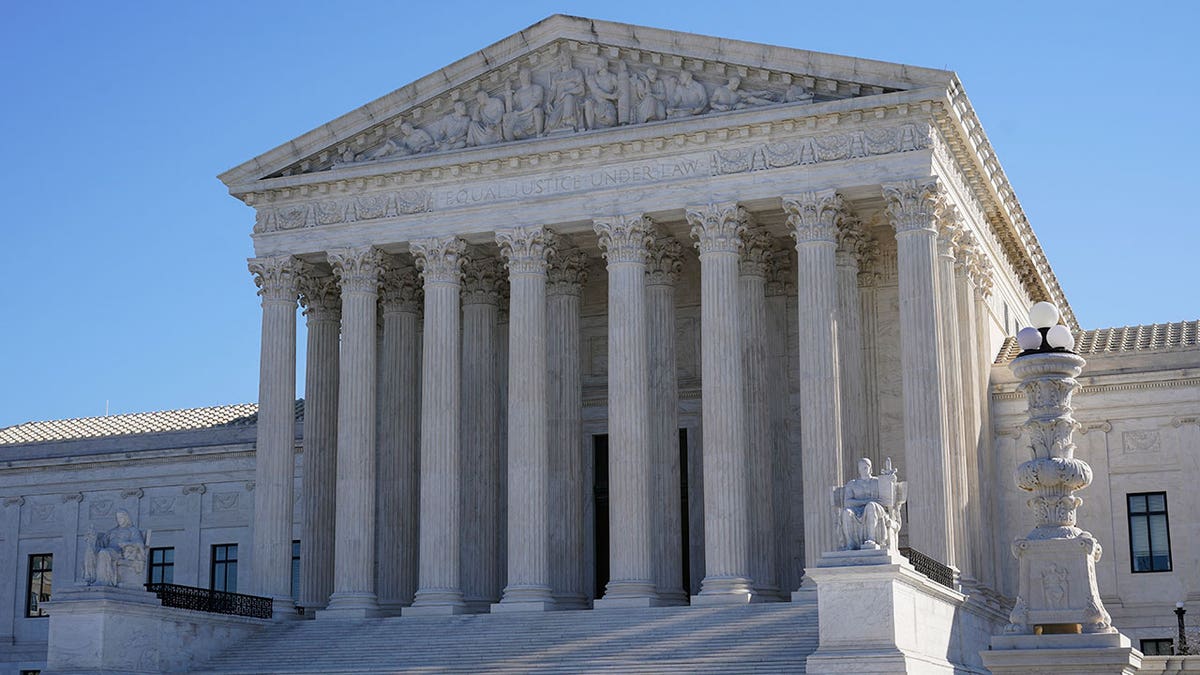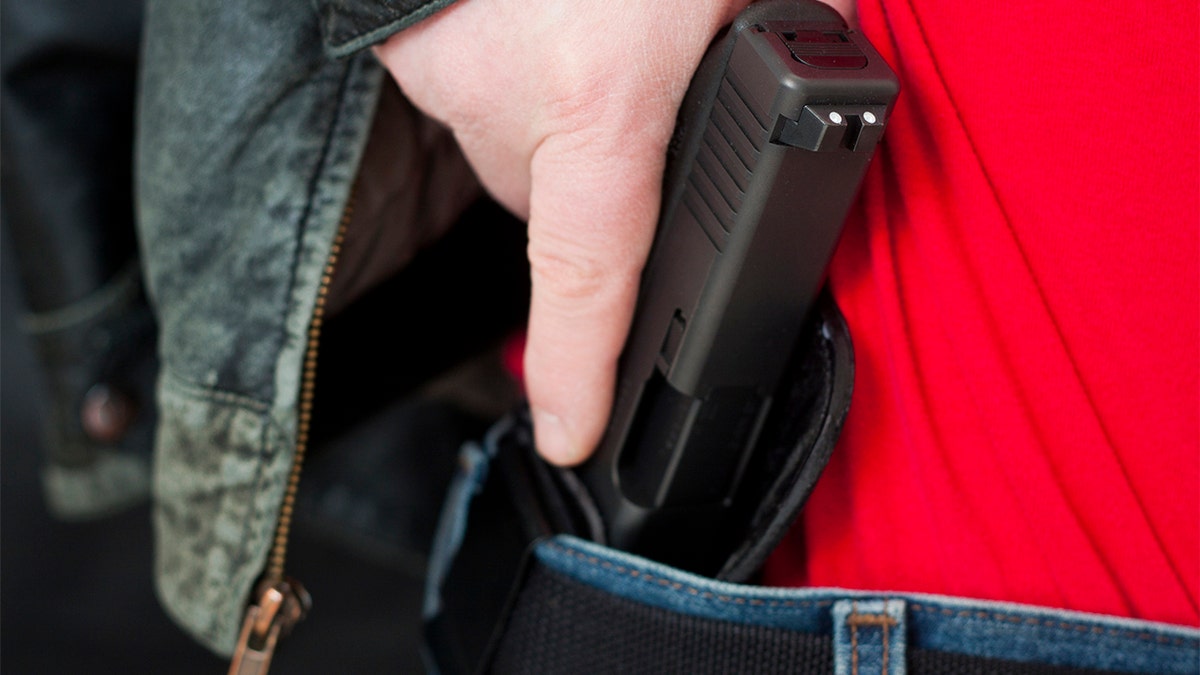Fox News Flash top headlines for October 5
Fox News Flash top headlines are here. Check out what's clicking on Foxnews.com.
The Supreme Court ordered a lower court ruling on a Massachusetts gun control law to be vacated and directed a lower court to reconsider the case.
The case in question, Morin v. Lyver, centers around a controversial Massachusetts law that imposes strict restrictions on the possession and purchase of handguns, including the need for a license in order to purchase or possess a pistol. The law also includes a lifetime ban on purchasing handguns on anyone convicted of a nonviolent misdemeanor involving the possession or use of guns.
The U.S. District Court of Massachusetts originally found the law constitutional, but the Supreme Court on Monday ordered that ruling vacated and the case "remanded to the United States Court of Appeals for the First Circuit for further consideration in light of New York State Rifle & Pistol Assn., Inc. v. Bruen."
MAN MAKES $21,000 SELLING 3D-PRINTED GUNS DURING NY AG GUN BUYBACK PROGRAM

Supreme Court of the United States (AP Photo/Patrick Semansky)
The case, a 6-3 ruling earlier this year, struck down a New York law that required people to demonstrate "proper cause" to obtain a concealed handgun permit.
"The constitutional right to bear arms in public for self-defense is not ‘a second-class right, subject to an entirely different body of rules than the other Bill of Rights guarantees,’" Justice Clarence Thomas wrote for the majority at the time. "We know of no other constitutional right that an individual may exercise only after demonstrating to government officers some special need."
CT SUED BY GUN RIGHTS GROUP OVER SEMI-AUTOMATIC FIREARMS BAN
The case was considered a landmark ruling by the court, opening up the potential for new challenges to state and local restrictions on guns.

Concealed carry handgun. (iStock)
CLICK HERE TO GET THE FOX NEWS APP
Monday's order to vacate the lower court ruling and have the case reheard was unsigned by the justices, and there were no dissents.
The Supreme Court began its new term Monday and is expected to make decisions on key cases surrounding voting rights, affirmative action and religious freedom.










































